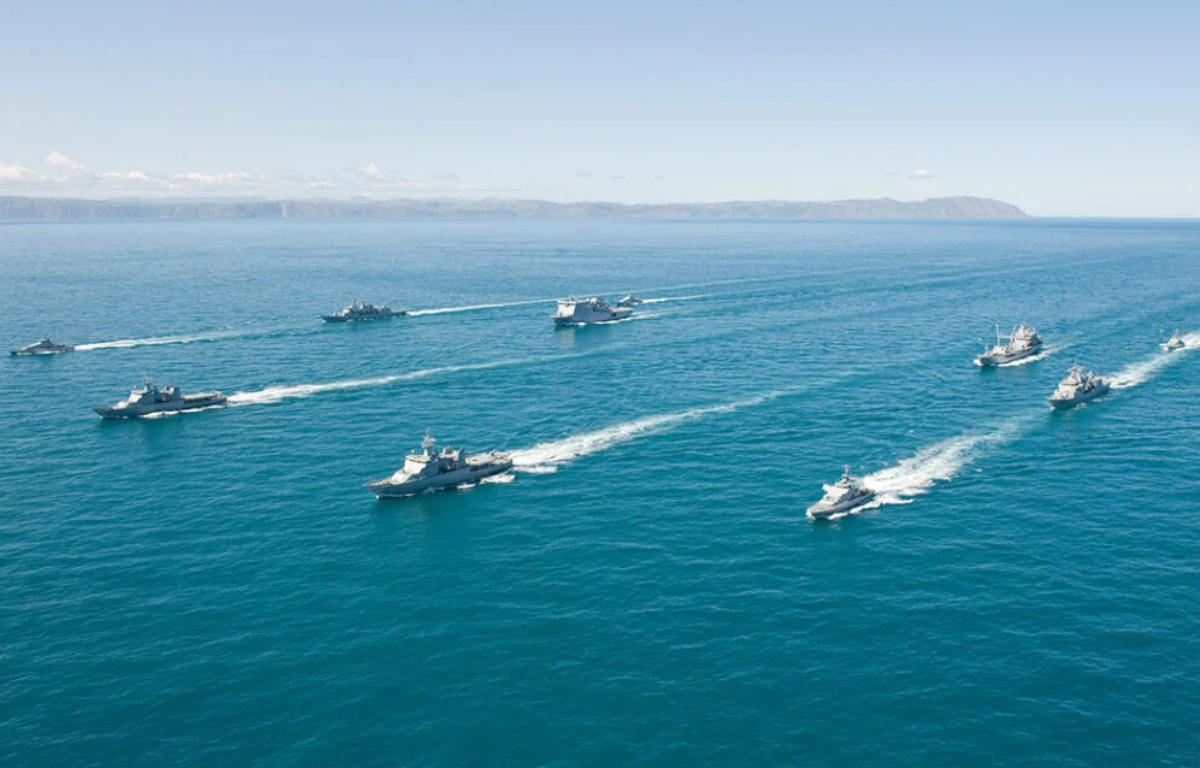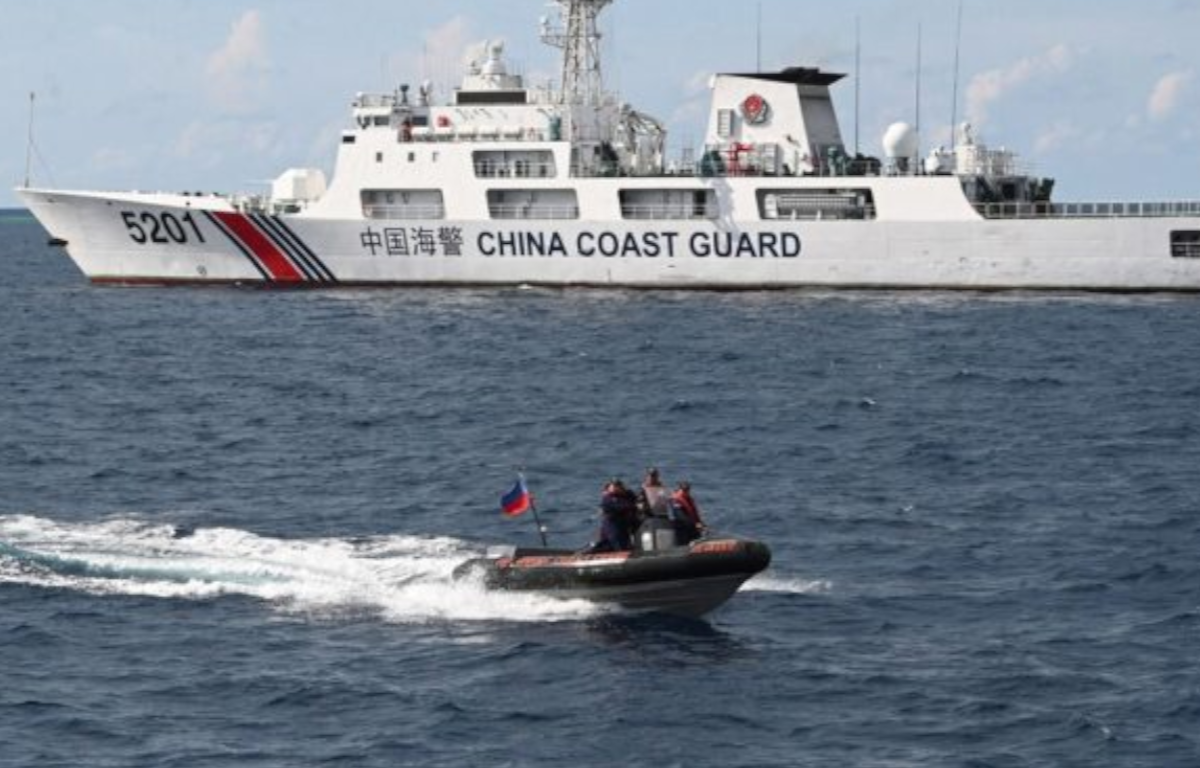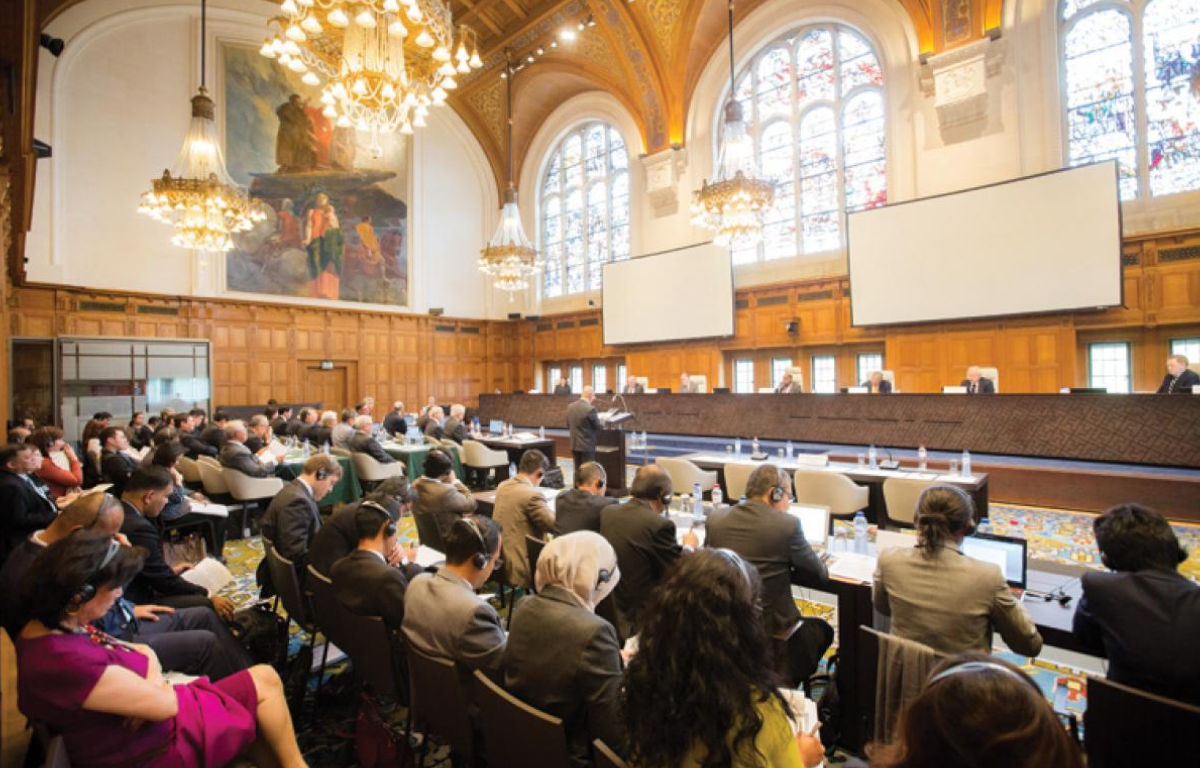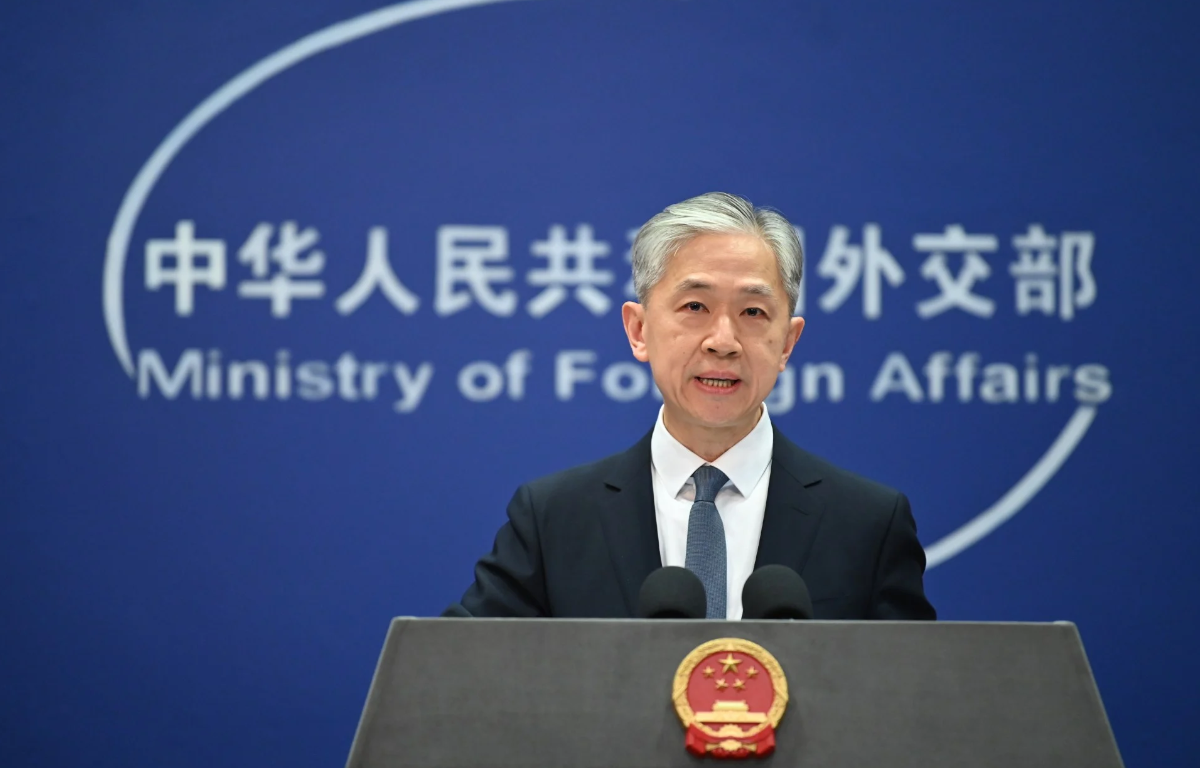
The South China Sea, bordered by multiple nations including China, the Philippines, Vietnam, Malaysia, Brunei, and Taiwan, holds immense strategic importance due to its abundant natural resources and vital role as a trade route. However, competing territorial claims have engendered conflicts, rendering it a contentious geopolitical arena.
Ferdinand “Bongbong” Marcos Jr. has articulated two primary concerns regarding the South China Sea: militarization and perilous maneuvers.
One of the most alarming developments in this region is the militarization of islands and features, with China being particularly criticized for building military installations on artificial islands, including airstrips, radar systems, and missile facilities. Such actions not only infringe on the sovereignty of neighboring nations but also elevate regional tensions. Marcos Jr. rightly asserts that the South China Sea’s militarization jeopardizes not only neighboring countries but also regional stability, emphasizing the necessity of diplomacy and open channels of communication to prevent potential conflicts.
In addition to militarization, there’s been an uptick in perilous naval and aerial encounters. Close calls between military vessels and aircraft from different countries raise the specter of unintended confrontations, posing a significant risk.
Marcos Jr. underscores the importance of responsible conduct in this region, urging all parties to exercise restraint and uphold international laws and norms to avert inadvertent escalations.
Marcos Jr.’s concerns align with those of many nations and international observers. The militarization and dangerous maneuvers unfolding in the South China Sea pose a palpable threat to regional peace and stability. To address these challenges, a multifaceted approach is required.
Diplomatic efforts must be prioritized to find lasting solutions to territorial disputes. Organizations like the Association of Southeast Asian Nations (ASEAN) can serve as crucial facilitators of dialogues and negotiations.
Implementing confidence-building measures, such as agreements governing maritime conduct and communication protocols, is essential to reduce the likelihood of unintended confrontations. Countries should be encouraged to respect international arbitration rulings, such as the 2016 Permanent Court of Arbitration decision in favor of the Philippines, in order to uphold the rule of law and discourage aggressive actions.
Promoting multilateral cooperation in areas such as environmental preservation, fisheries management, and disaster response can foster common interests and engender trust among South China Sea stakeholders.
Ferdinand “Bongbong” Marcos Jr.’s critique of militarization and perilous maneuvers in the South China Sea underscores the pressing need for a peaceful resolution to ongoing disputes. It is imperative that all nations involved prioritize diplomacy, adhere to international laws, and foster cooperation to ensure that this strategically vital region remains a bastion of stability and prosperity rather than a flashpoint for conflict. The South China Sea should be a realm of peaceful coexistence and shared economic benefits, rather than a source of tension and potential peril.










Share this: